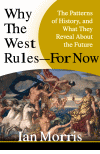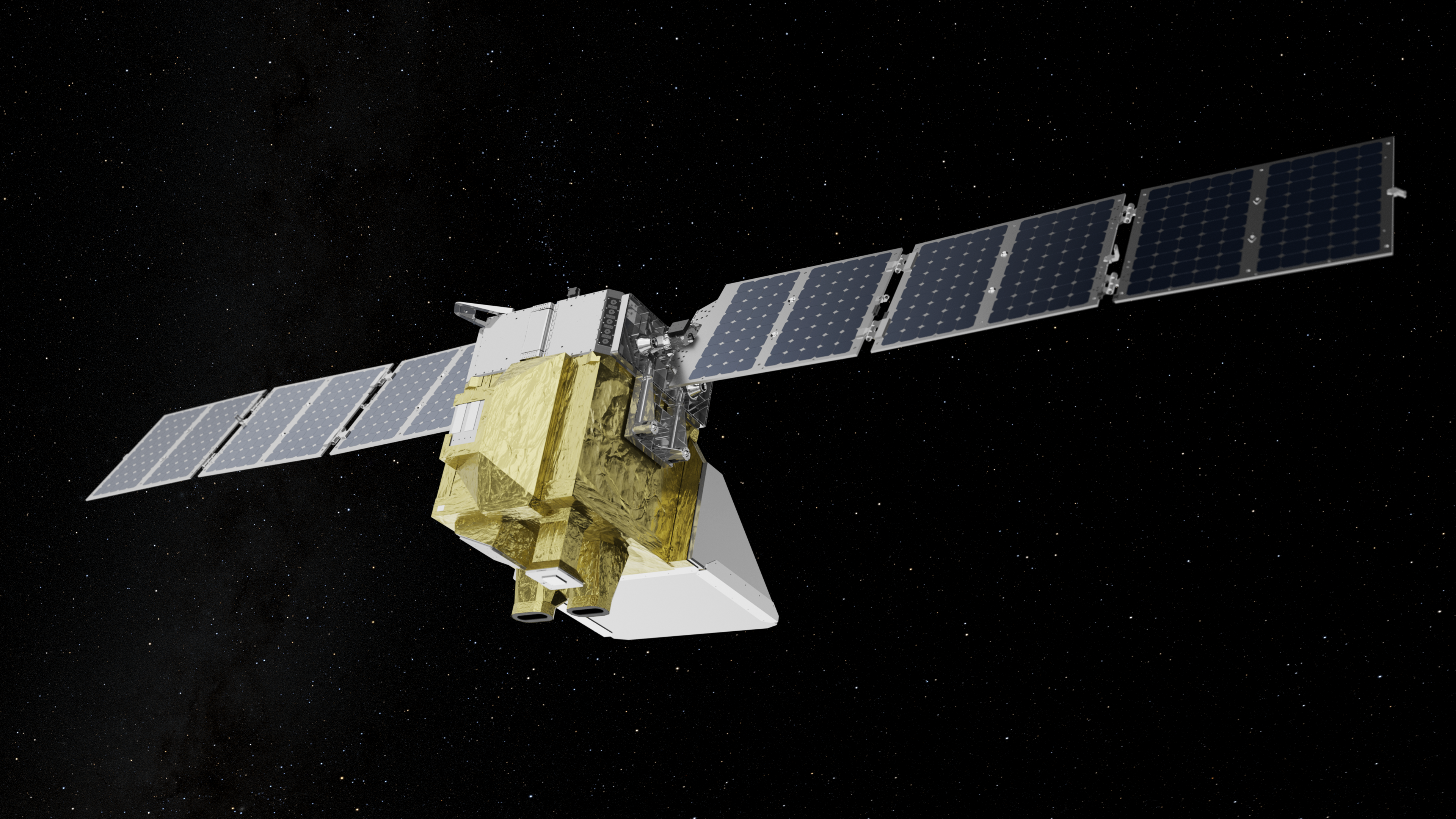Everything’s Amazing, until you illuminate it
We live twice as long as people only ten generations ago. We are richer, much richer than anyone alive two generations ago. Or in other words, it once took weeks, months, or years to make it from sea to shining sea. Now, flying from California to New York means “you watch a movie, take a dump, and you are home.”
Not if, when
But flying is more than watching movies. It also comes with real pollution. Lots of it. A flight from New York to Delhi creates more carbon pollution than the average Indian produces in a year. Individually that has little impact on the planet. Collectively it makes all the difference.
It’s no longer a question of if, it’s when vast coastal areas will be under water, if we don’t change course soon. We are distorting the global nitrogen cycle beyond recognition. Our oceans face multiple assaults from collapsing fisheries to ocean acidification and often still unknown consequences from oil spills and other toxins.
It may well be both. Many things are getting better most of the time, largely due to awesome technological innovations. Yet we are also facing enormous challenges of unprecedented proportions.
Nightfall or Singularity?
 Stanford historian Ian Morris argues in his impressive magnum opus, Why the West Rules—for Now, that we face a choice. But the choice is not what you think.
Stanford historian Ian Morris argues in his impressive magnum opus, Why the West Rules—for Now, that we face a choice. But the choice is not what you think.
It’s not about educating American children and investing in American ingenuity to fend off the inevitable ascendancy of the “East.” It’s about educating American children—all children—and investing in global innovation to ward off something much bigger: the possibility of planetary mayhem akin to total nuclear annihilation, “Nightfall.” His words, not mine.
Levels of innovation—”progress”—are so rapid, so unprecedented in human history that the question is not whether we will be making cross-country flights even faster or more convenient than they were only thirty years ago, or whether China or India will build faster planes than Boeing or Airbus. We don’t know what the frontiers of travel itself will look like thirty, twenty, or ten years from now. The question, according to Morris, is how to avoid the entire system spinning out of control.
The happy opposite of Nightfall is “Singularity,” a state where everyone, all humans, live at unprecedented levels of wealth, and in harmony with each other and the planet.
That’s quite a tall order. The question is how to get there.
Make Wikipedia history
First and foremost, it’s about channeling human ingenuity to work for rather than against us. That comes down to finding governance systems to guide market forces in the right direction.
The single most important step is to make everyone accountable for their full actions. “Privatizing profits and socializing losses” has its own Wikipedia page. That page, for now, only talks about the financial crisis as a classic symptom of the misguided mantra.
The planet is in exactly the same boat. Profits accrue to each and every one of us, personally. The losses are spread across everyone—you, me, your children, my unborn children.
You don’t have to believe in Morris’s stark choice between Nightfall and Singularity—although after reading his book, he will likely have convinced you—to realize that the planet will be getting worse unless, and only unless, that Wikipedia entry becomes a historical footnote.











